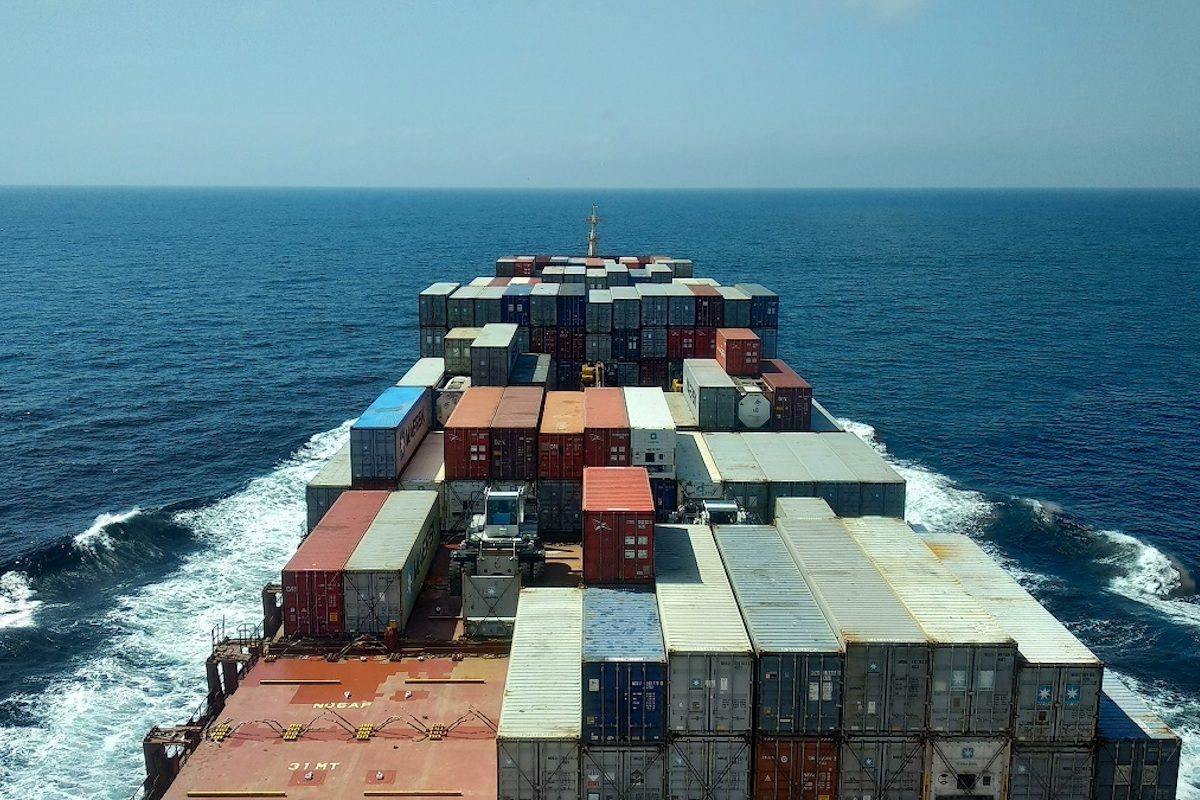
In recent decades, exports of waste to non-European countries have risen steadily, pushing the waste issue far away but failing to properly address it. Repeated abuses in international waste shipments have highlighted the need for Europe to take care of its waste under EU environmental standards.
The trade body ESWET (European Suppliers of Waste-to-Energy Technology aisbl) claims to present “a pragmatic approach” on the issue, and on 30 July released a policy briefing with a number of recommendations targeted at an efficient revision of the Waste Shipment Regulation:
- Adopt a proximity approach to waste export, maintaining EFTA countries as a preferential partner.
- Keep the Waste Shipment Regulation flexible enough to ensure the synergy of the waste hierarchy: every level has a role to play in the circular economy for the safe management of waste.
- Further reduce the flow of waste shipped outside of the EU, as sound waste management is often uncertain in non-OECD countries.
- Support the creation of a functioning market for secondary raw materials recovered by the recycling industry and Waste-to-Energy plants.
In order to make waste shipments out of Europe a thing of the past, says the group, Europe needs to further support internal and sustainable waste treatment practices. As waste generation is growing, the need for non-recyclable waste treatment capacity is expected to significantly increase.
It is thus crucial for the EU legislators to consider the role of waste-to-energy in the circular economy as a complementary tool to recycling. Otherwise non-recyclable waste would be left with no option for treatment but landfills.
The full policy briefing is available here.







